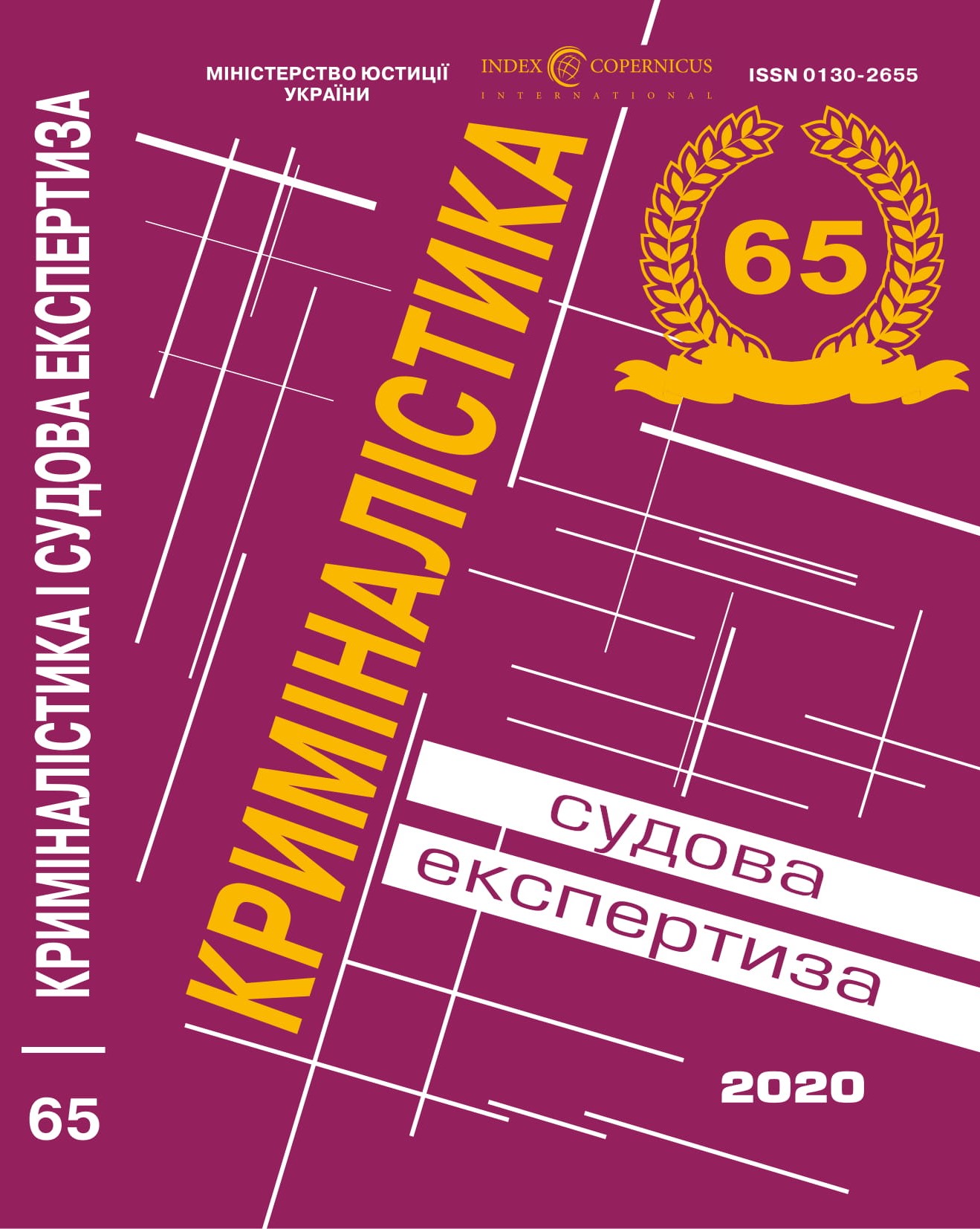
V. Bandurko
DOI: https://doi.org/10.33994/kndise.2020.65.40
V. Bandurko
The article is devoted to the consideration of working situations that may arise with comparative samples of signatures provided for research during the relevant examinations. Possible changes in regulatory legal acts that will optimize the work of an expert during judicial handwriting examinations are highlighted.
The main goal of this article is to consider the practical situations that an expert has when studying and working with comparative samples received for research. An analysis of expert practice will help minimize expert errors, which in turn will affect the objectivity of an expert’s opinion.
The article sets out the situations that arise at the stage of studying materials that can affect the objectivity and categorization of an expert’s opinion: -providing free samples of signatures in documents issued to another person; -providing free samples of signatures in documents with amendments, supplements, incorrect indication of the name, and signature of the current user of the subscriber book or the owner of the document (passport). The situations discussed will help interns, novice experts in the study of materials received for research. It should be noted that a superficial approach at the stage of their research might lead to the need for additional examinations.
The article can be useful to judges, assistant judges, representatives of law enforcement agencies, lawyers when assigning a handwriting examination and can help to reduce the time for the examination.
Key words: signature, samples, comparative, handwriting.










